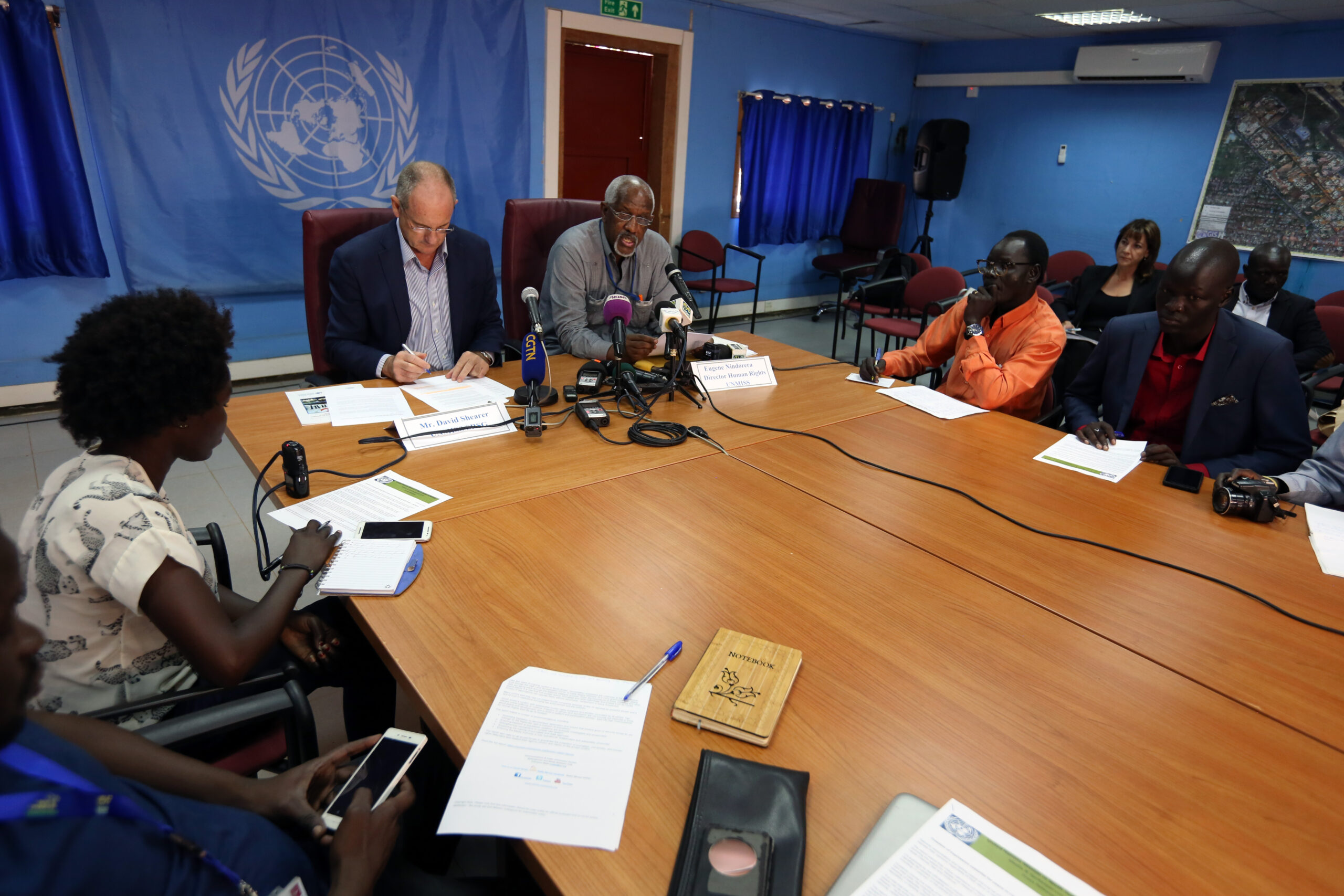Photo credit: UNMISS via flickr
Context:
Now in its 5th year, the conflict in South Sudan has claimed tens of thousands of lives, displaced more than four million, and is one of the main causes of hunger in the country.
In the News:
“On Saturday, a new cease-fire came into effect in South Sudan. But within hours it had been violated – terrible news for millions of South Sudanese in the midst of their “lean season”, when food stocks are low and heavy rains can arrive suddenly, washing out roads and links to lifesaving assistance
“The civil war, now in its fifth year, has claimed tens of thousands of lives, displaced more than four million people – either to other parts of South Sudan or to
“Without lasting peace, international aid
Insight from Peace Science:
- An approach to peacebuilding that focuses solely on elections, democracy, and power-sharing is not adequate and needs to be supplemented by reconciliation and relationship-building processes to facilitate a more sustainable peace.
- Conflict intervention strategies informed by realist and liberal assumptions are not universally applicable; instead, conflict intervention strategies should be conceived on a case-by-case basis and should incorporate social-psychological perspectives.
- “Positive sanctions,” offering complying parties actual or promised rewards, are most useful in the early stages of conflict and in inter-state conflicts. However, even if applied at a later stage, they can facilitate the removal of problematic actors and the transition to a stable government.
Although the above refers to South Sudan, these findings are applicable to various conflicts unfolding around the world. Intractable conflicts in Yemen, Palestine, and Syria, as well as episodic outbreaks of violence in Nigeria, Mali, and the Central African Republic, could all benefit from conflict intervention strategies derived from a social-psychological perspective that are specific and appropriate to their respective contexts. On a related note, conflict intervention strategies should also embrace more of a bottom-up approach, which is better equipped to address the individual-level factors shaping conflict. Outside actors (usually tasked with designing conflict intervention strategies due to impartiality) or those removed from the grassroots do not possess an intimate understanding of a conflict’s social dynamics, whereas local actors are sensitive to these dynamics and can craft intervention strategies that address them. With this perspective, high-level approaches like peace agreements or ceasefires become more sustainable.
References:
- Only Lasting Peace Can Help Stem Famine in South Sudan. By Stefanie Glinski for Peacebuilding Deeply. January 3, 2019.
- Peace Science Digest Vol. 3, Issue 5: Lessons Learned From Unsuccessful Conflict Intervention Strategies in South Sudan

